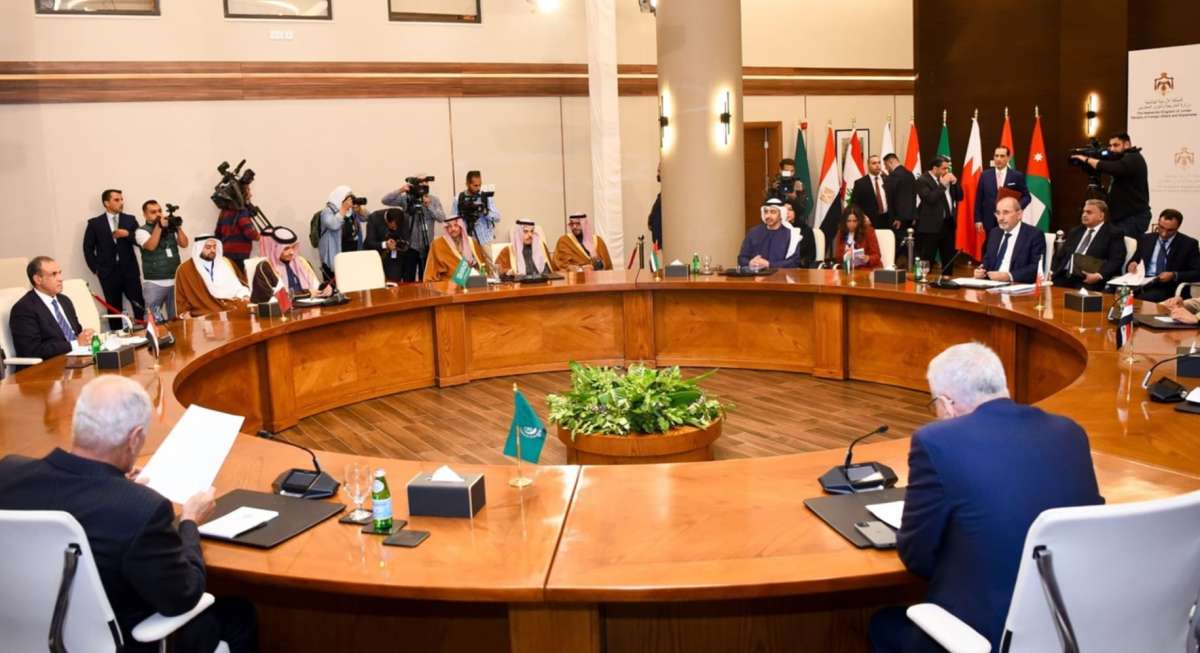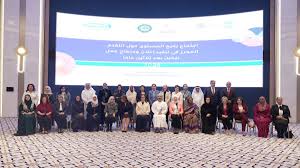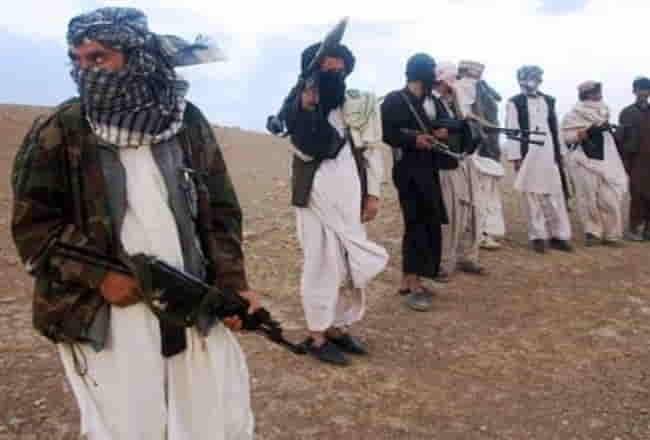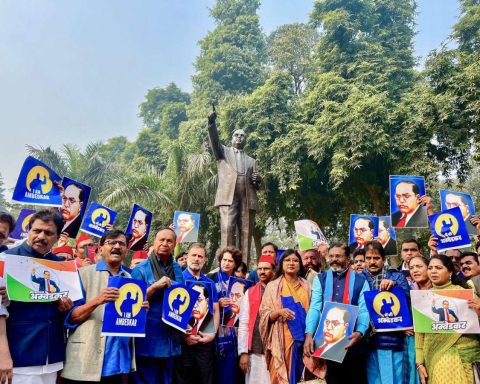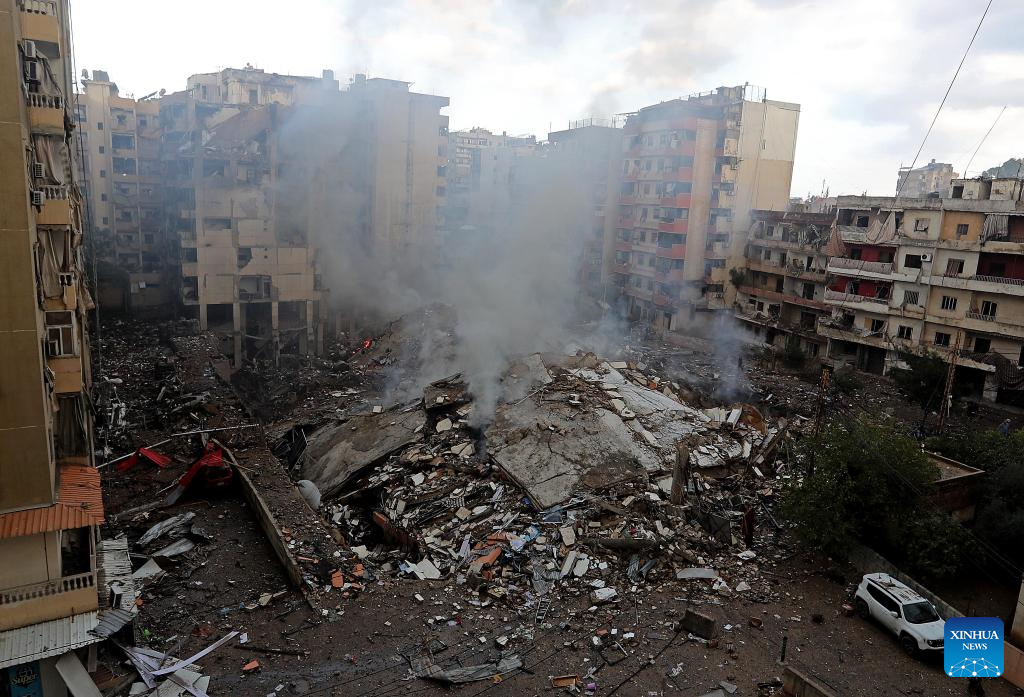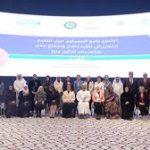Increased cooperation and exchanges between the EU and GCC countries will ultimately be beneficial also for the people of both regions…reports Asian Lite News
The High Representative and the European Commission have adopted a Joint Communication on a ‘Strategic Partnership with the Gulf’ with the aim to broaden and deepen the European Union (EU)’s cooperation with the Gulf Cooperation Council (GCC) and its member states.
Within this context, the High Representative/Vice-President said in a statement that there’s a need to work more closely together on stability in the Gulf and the Middle East, on global security threats; energy security, climate change and the green transition, digitalisation, trade and investment. “We also need to strengthen contacts between students, researchers, businesses and citizens.”
A strengthened partnership is beneficial both for the EU and for the Gulf partners, with the EU being the world’s largest single market, a leader in research and innovation, an important security actor in the Gulf region and the leading actor on global challenges such as climate change and digitalisation. The EU Global Gateway provides a dynamic framework for cooperation with GCC partners to foster sustainable investments in the broader Middle East region as well as in Africa. GCC countries are dynamic economies and an important gateway between Europe, Asia and Africa. They are reliable Liquefied Natural Gas providers and have some of the best solar and wind resources in the world, whose development can be key in implementing mutual strategies to meet climate commitments as well as economic goals. As a strong defender of multilateralism and social transformation including human rights and gender equality, the EU will continue to foster political dialogue on such matters with the Gulf countries.

Increased cooperation and exchanges between the EU and GCC countries will ultimately be beneficial also for the people of both regions. Closer inter-cultural cooperation, mobility for youth and students, higher education cooperation and exchanges will improve mutual understanding and trust. And these examples are not exhaustive.
The Joint Communication addresses a series of key policy areas, presenting concrete proposals for strengthened EU-GCC cooperation on energy, green transition and climate change, trade and economic diversification, regional stability and global security, humanitarian and development challenges, and closer people-to-people contacts.
ALSO READ: EU revises growth forecast down, inflation estimate up
Joining forces to address climate change and harness the opportunities provided by the green transition is paramount and mutually beneficial. The Gulf region is particularly impacted by climate change and the EU, a pioneer in initiatives for a climate transition, can be a partner in developing the know-how and expertise to address this challenge.
A multilateral and rules-based international order requires cooperation to enhance mutual security and the stability of the wider European neighbourhood and the Gulf.
Protracted conflict situations also require a more strategic and enhanced engagement to address the unprecedented humanitarian and development needs in the wider Middle East and the Horn of Africa. Gulf countries are a significant donor of bilateral financial aid and can play an important role in the promotion of the respect of International Humanitarian Law and humanitarian principles.
In view of enhancing closer people-to people contacts, youth and student mobility, inter-cultural and higher education cooperation, achieving visa free travel for the GCC countries is a shared interest and objective for the EU and the GCC countries.

